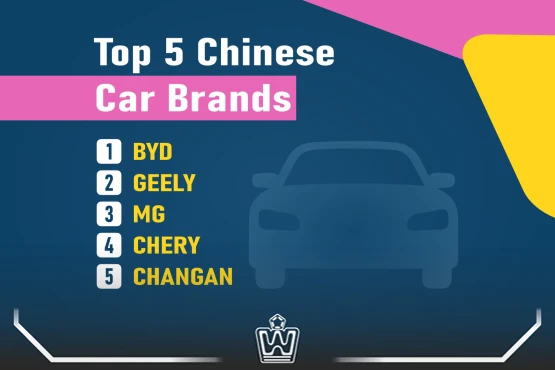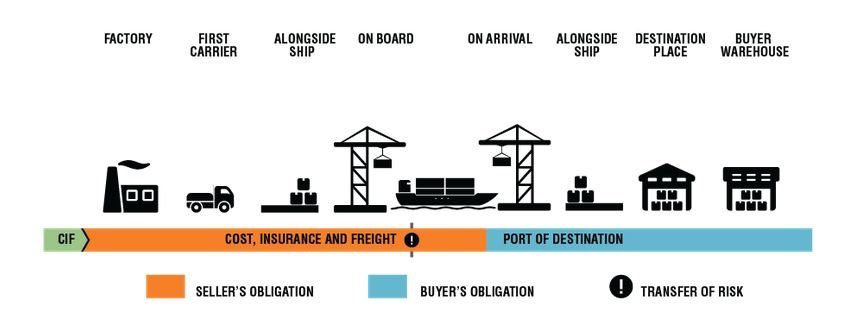
Buying a car directly from China is becoming increasingly popular due to competitive pricing, a wide range of models, and growing global export capabilities. Whether you’re an individual buyer or a small business, this guide will walk you through the process of importing a car straight from China.
Step 1: Choose the Right Car Brand and Model

Popular Chinese car brands include:
- Geely
- Chery
- BYD (electric vehicles)
- DFSK
- Great Wall Motors (Haval)
Research each brand’s reputation, reliability, and availability of after-sales support in your country.
Step 2: Find a Reliable Exporter or Manufacturer

Use platforms like:
- Alibaba
- Made-in-China
- Global Sources
Look for:
- Verified Gold Suppliers
- Export experience to your region
- Positive feedback and certifications (ISO, CCC)
Contact suppliers directly to confirm availability, pricing, and shipping options.
Step 3: Inquire About Pricing and Shipping Options

Ask about:
- FOB (Free On Board) or CIF (Cost, Insurance, Freight) pricing
- Delivery time (usually 20–45 days)
- Required down payment or full payment upfront
Negotiate terms and clarify any hidden fees or taxes that may apply upon arrival in your country.
Step 4: Arrange Payment and Documentation

Key documents needed:
- Commercial Invoice
- Bill of Lading (BL)
- Certificate of Conformity (CoC)
- Packing List
- Export License (if applicable)
Payment methods may include:
- Bank Transfer (T/T)
- Letter of Credit (for large orders)
- Escrow services (on some platforms)
Ensure all documents are accurate to avoid customs delays.
Step 5: Handle Import Customs and Registration

Steps include:
- Paying import duties, VAT, and registration fees
- Ensuring compliance with emissions, safety, and electrical standards
- Registering the vehicle with your local transport authority
Consult with a customs agent if the process seems complex in your country.
Frequently Asked Questions (FAQs)
Q1: Can I buy one car directly from China as an individual?
Yes, many exporters accept single-unit orders, especially through B2B platforms. However, be prepared for higher per-unit costs compared to bulk purchases.
Q2: Do Chinese cars meet international safety and emissions standards?
Most exported cars comply with ECE, GCC, or ASEAN standards, but always confirm with the supplier whether the model meets the requirements of your country.
Q3: Is it cheaper to buy a car from China and import it?
In many cases, yes — especially for budget-friendly models. However, total cost depends on shipping, customs duties, and import taxes in your country.
Conclusion
Buying a car directly from China can offer significant savings and access to high-quality, modern vehicles. By choosing the right brand, verifying exporters, handling documentation carefully, and understanding import regulations, you can successfully own a car made in China — no matter where you live.
